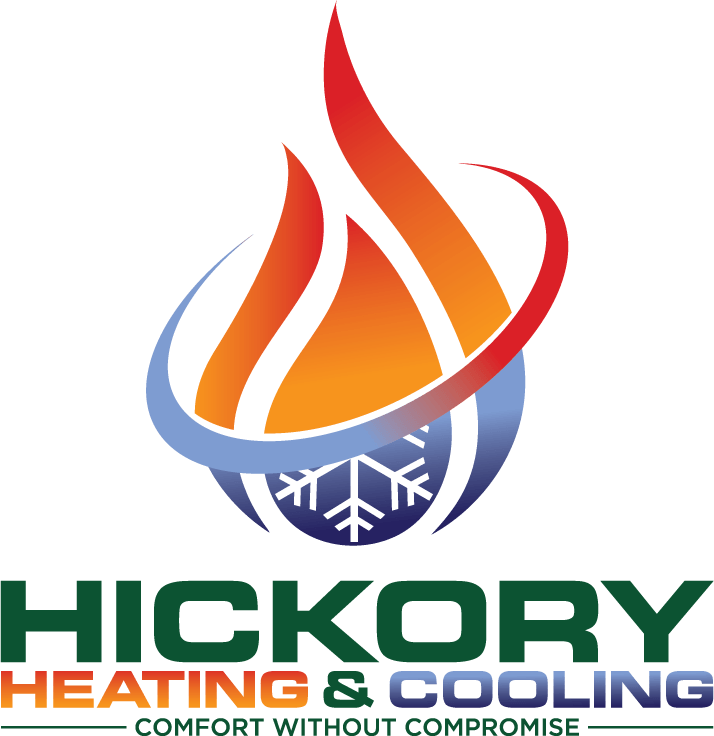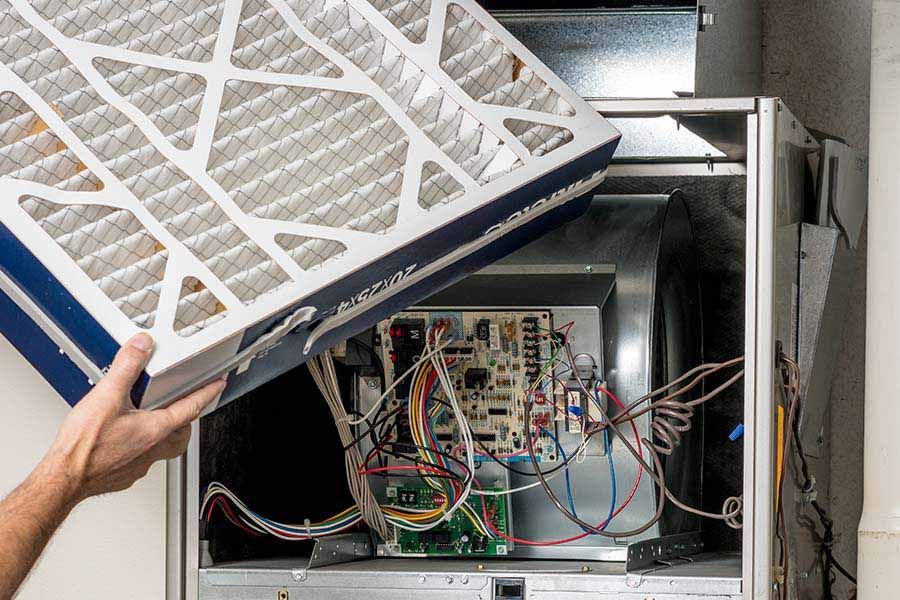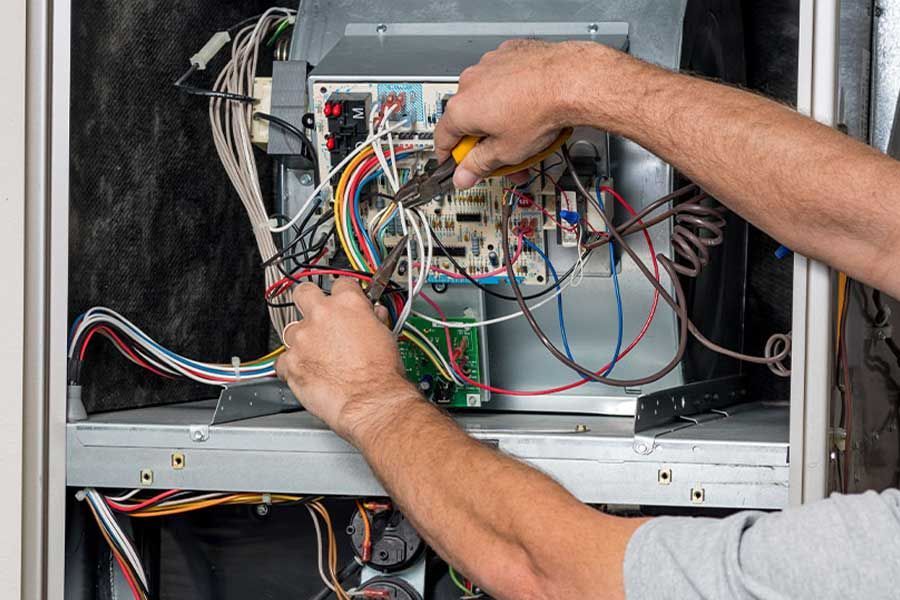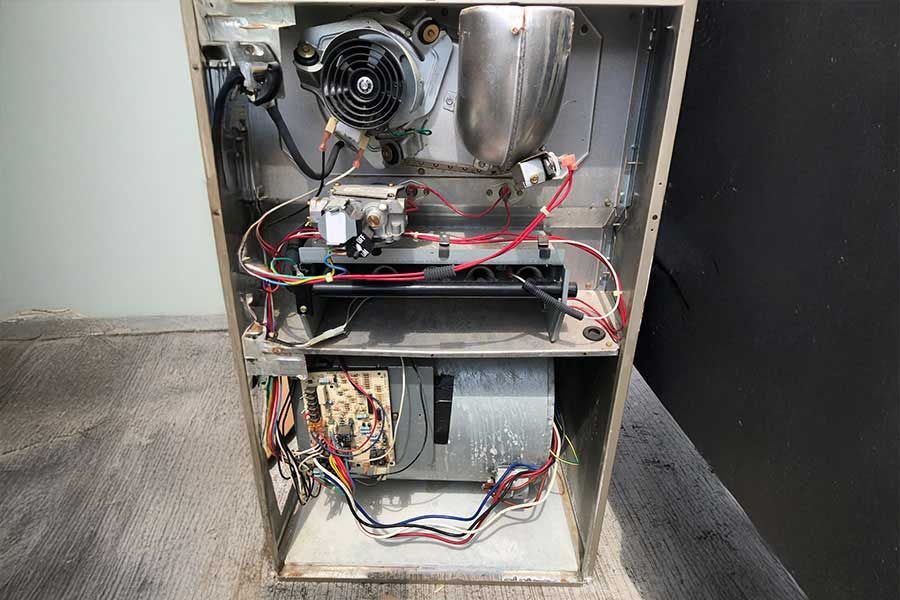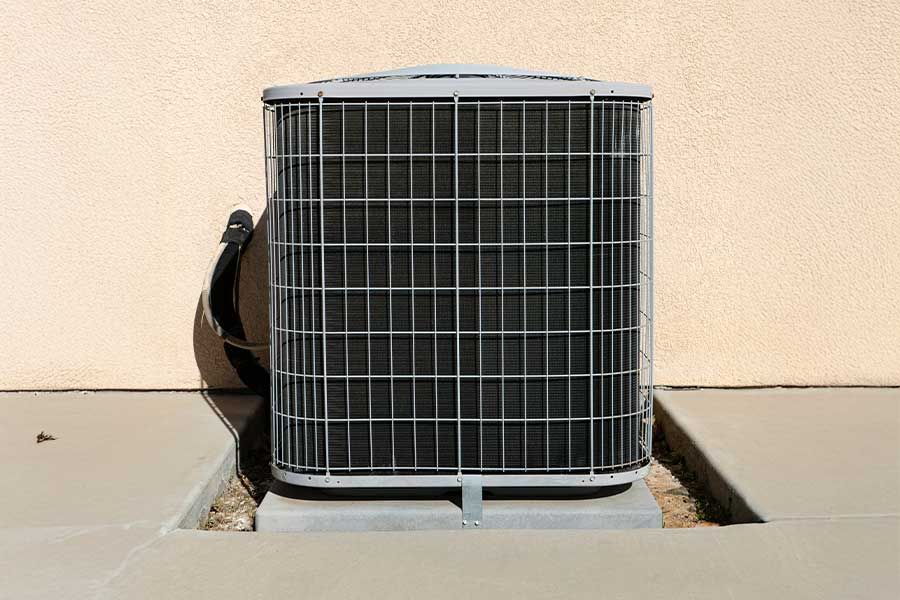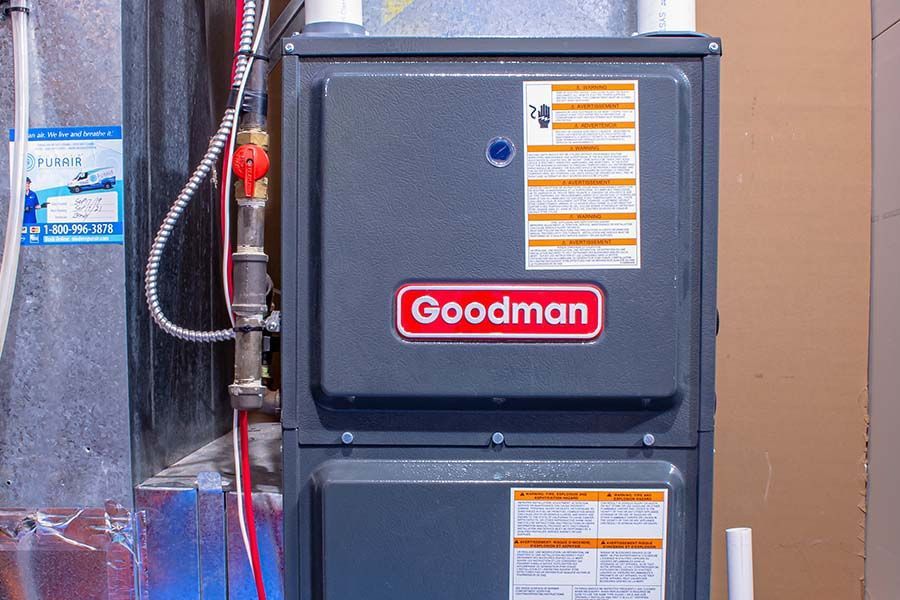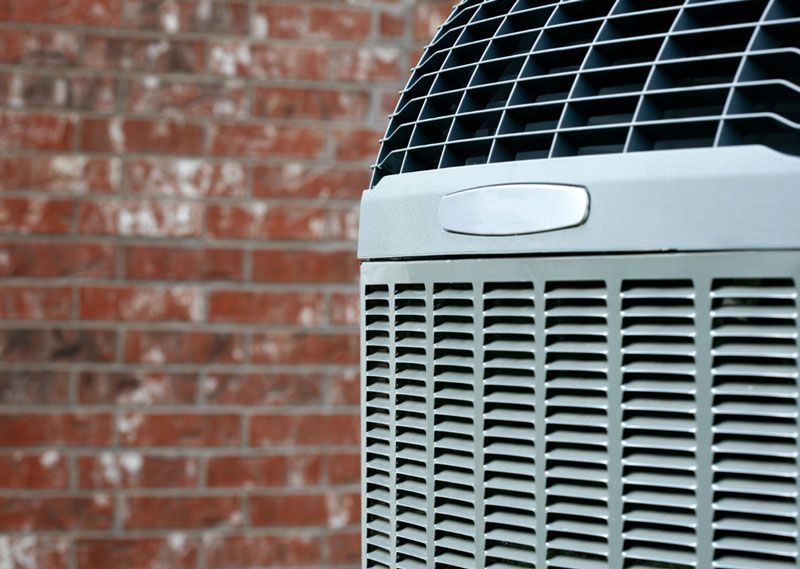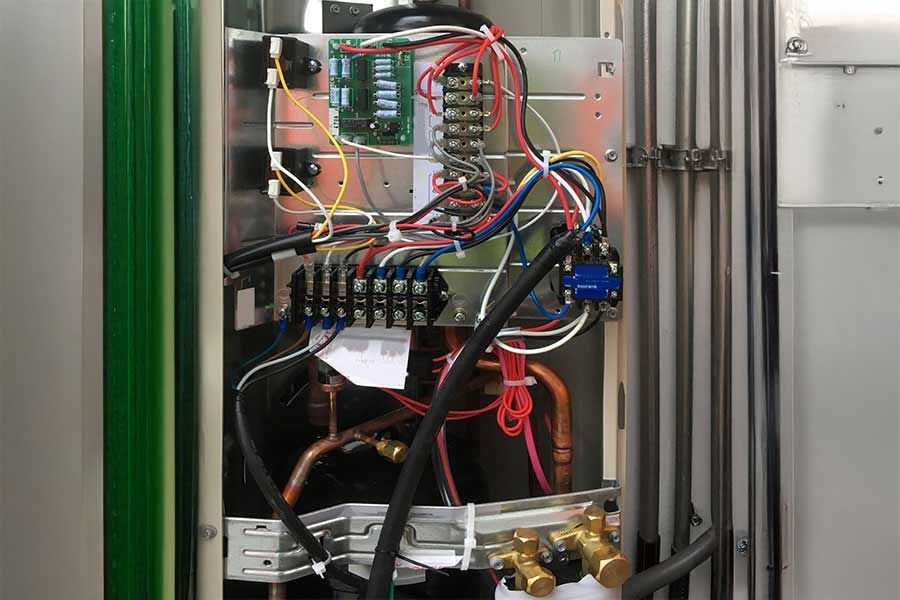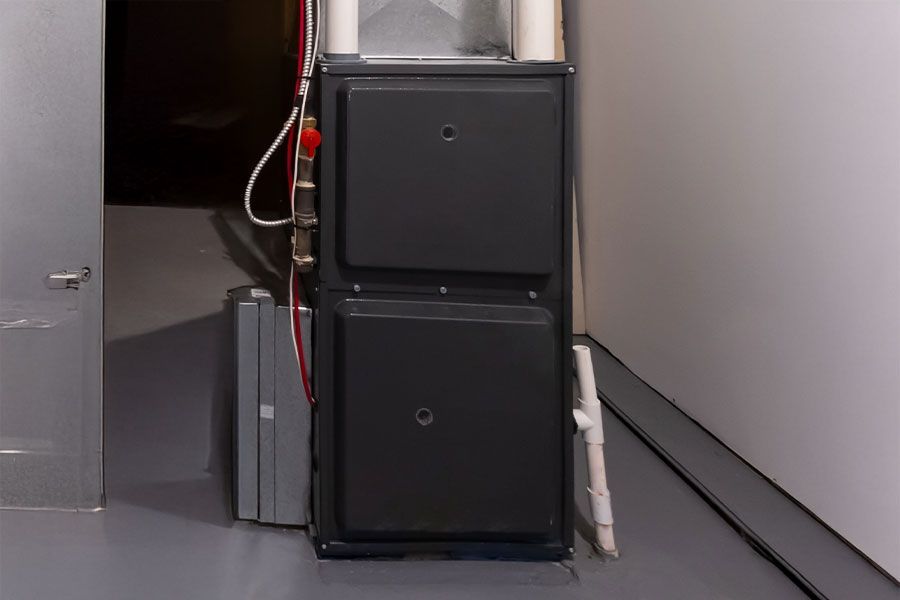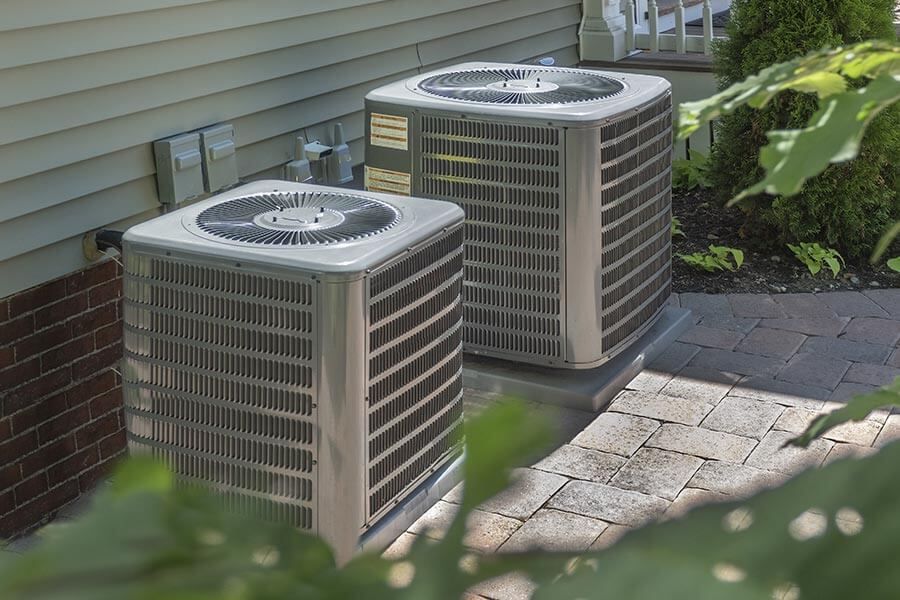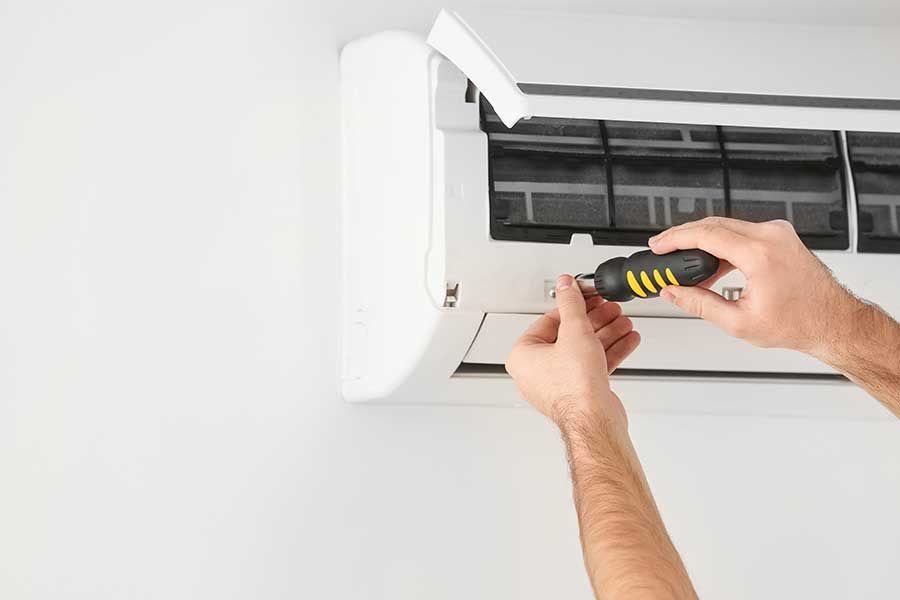7 Summer HVAC Tips for Homeowners
The summer is right around the corner, and with it, high temperatures. If your HVAC system doesn't work as it could, hot and humid temperatures can make indoor life unbearable. At Hickory Heating and Cooling, we ensure your HVAC system keeps you cool even during the dog days of summer.
For decades, we've been happy to offer our HVAC services in Hickory, NC, to the community. We provide end-to-end coverage of your entire heating and cooling system. Our team keeps you warm in the winter and cool in the summer.
However, it's important for homeowners like you to take proactive steps to maintain your HVAC systems. These steps include scheduling regular maintenance visits from our professionals. You should also look out for warning signs of potential trouble.
Read on to learn our best summer HVAC tips for a well-functioning HVAC system.
Stay on Top of Potential HVAC Issues
In the summer, your air conditioner spends a lot of time in active mode. During the hottest months of the year, your AC works hard to keep your home at the temperature levels you choose. Because it runs so frequently in the summer, you should keep a close eye on anything that might interrupt its operation.
Take the following steps to keep your system running smoothly during the hot season.
#1. Start Your Season with a Check-Up
As your furnace works hard during the winter, your air conditioning system generally takes a long break. Because your air conditioner stays inactive for months, it’s best to test-run it in the spring to ensure it works as it should. Moreover, it's a good idea to have an experienced HVAC technician give the system a spring cleaning and check-up.
Skilled HVAC technicians can find any issues that may have developed over the winter due to inactivity. HVAC experts can also replace any parts that show signs of damage or aging. Plus, they also run the unit to check for any system-related issues or inefficiencies.
#2. Keep Your Ductwork Healthy
Your HVAC ductwork carries air to and from the system. To make sure it continues delivering conditioned air, you should have your duct system cleaned from time to time. Over months of service, the ducts and the filters inside them collect plenty of dust and other pollutants.
Clogged ductwork reduces the efficiency, air flow, and cooling capacity of your entire system. In addition to accumulating debris, your air conditioning ducts can also form leaks. When leaks occur, they allow air to escape from the system, lowering efficiency and raising your energy bills.
When experiencing leaks, it's best to contact a professional who can use air duct sealing equipment.
#3. Upgrade Your System If Necessary
As durable as your air conditioner might be, it will one day stop operating. Before that happens, it may show signs of an impending failure.
If your HVAC system is of middle age, it is probably cost-effective to repair most types of damage. However, if it is decades old, it is probably a smarter financial choice to look into a new system.
Modern systems are more efficient than ever, with many Energy Star models rating especially high. Therefore, even though you’ll pay more upfront, these units will save you ample money in utility costs each year.
#4. Get a Modern Thermostat
If you plan to buy a new HVAC unit, consider a model with the latest smart technology accompanying most new systems. If you have an older system, the thermostat that came with it may not be of the smart variety. To get maximum efficiency and comfort out of your system, you may want to invest in programmable or smart thermostat upgrades.
Programmable thermostats allow your system to maintain different temperature levels at various times of the day. For example, you might set a programmable thermostat to run at its coldest around noon and at warmer temperatures during evening hours. Smart thermostats take this concept further, using predictive technologies that get to know your habits over time.
With smart thermostats, you stay at optimal comfort levels with little effort on your part. Your thermostat will also help you save significant money by automatically modifying the temperature.
#5. Ensure Your Home Is Energy Efficient
One of the top, yet lesser-known summer HVAC tips is making sure your home has robust insulation. No matter how powerful your heating or cooling system, its efforts will not amount to much if your house is badly insulated. Conversely, even relatively small HVAC units can keep well-insulated homes comfortable in both the summer and the winter.
To get more out of your AC over the summer months, ensure that your windows, walls, and attic are properly insulated. If you suspect poor insulation, contact a professional insulation company to outfit your home with modern insulation.
#6. Clean the Filters You Can Reach
Your HVAC system contains filters in various places to keep the system and your indoor air clean. Some of these filters are deep inside machinery or otherwise inaccessible to non-professionals. However, you can reach many filters without needing special tools.
Make sure that you regularly inspect and clean these filters as prescribed by the manufacturer. If you clean them regularly, you can count on increased efficiency and comfort for you and your family.
#7. Invest in Regular Maintenance Services
Because air conditioners work so frequently during the summer months, their moving parts and other components can wear down more quickly. Even though these units are durable, certain components wear out more quickly than others. By scheduling regular maintenance visits from HVAC technicians, you ensure performance monitoring of your entire system.
As you can see from these summer HVAC tips, you can do a lot to keep your AC system healthy. However, you don't need to go it alone. At Hickory Heating and Cooling, we'll put our seven decades of experience at your service.
Want the best quality for jobs like duct repair and replacement services in Hickory, NC? Want to
learn more about our AC repair services? Call us now at
828-618-4887.
